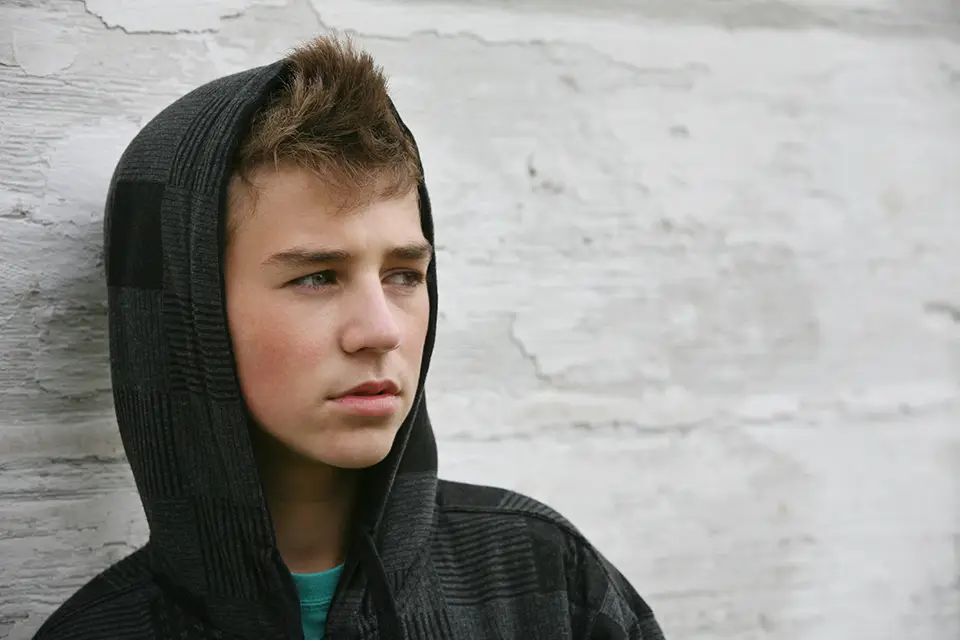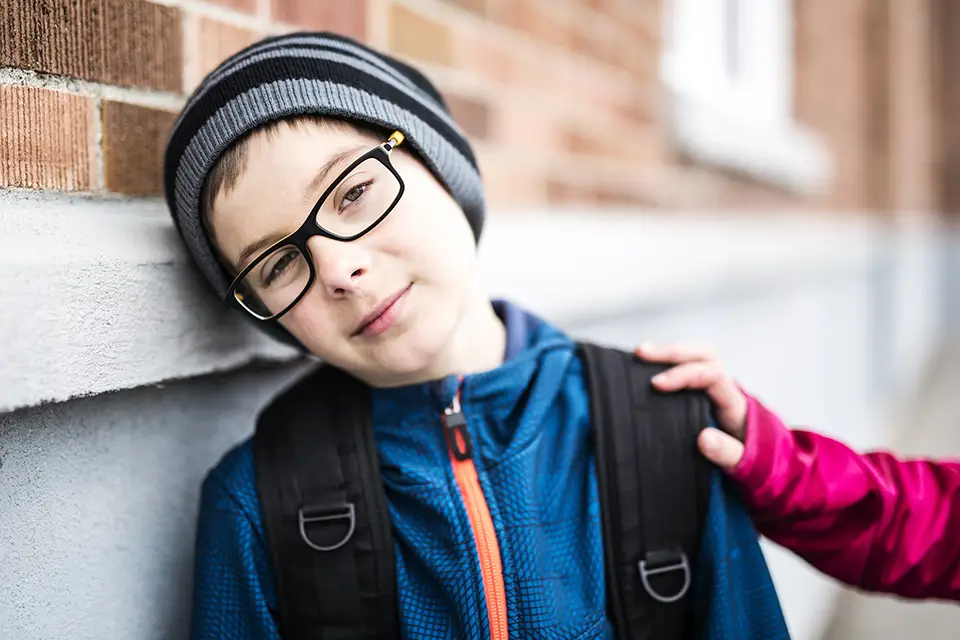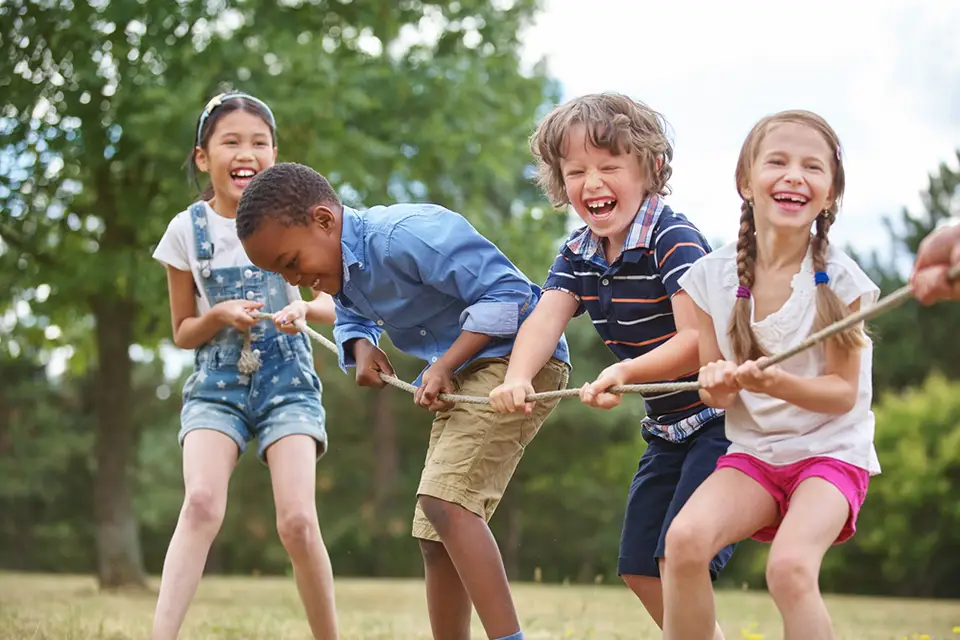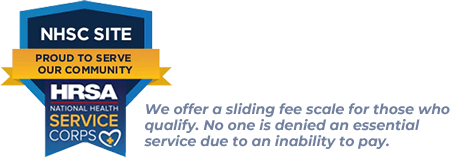Home » Community-based Programs
Centerpointe offers a wide variety of community-based mental health services to meet the needs of youths and families in our community.


Therapeutic Behavioral Services (TBS) provides short-term, intensive, in-home, behavioral coaching services for youth 5 to 18 years of age. TBS uses a strength-based, individualized approach to help youth and their families achieve goals, reduce risk, and thrive.
What We Do:

How TBS Helps:
CenterPointe has been innovative in developing a model program for Children’s Community-Based Rehabilitation, and we remain dedicated to contributing further research in this area. CBRS services provide practical techniques and education to guide our clients and their families toward functioning independently. We develop and teach skills specific to promoting positive mental and behavioral growth.
CenterPointe provides CBRS services through Idaho Medicaid to children and youths through the age of 17.

Areas of skill development may include:


When you need a break…..respite is there to help
Caring for a child with behavioral health needs can be demanding. Sometimes you need a break for a few hours, to give yourself time to relax, run errands, or catch up on things. Take a break.
Children’s individual respite care provides caregivers with a planned “short break” from caring for their child and provides a positive experience for the child. Children’s respite care is an important resource for families that have extra caregiving demands and is viewed as a positive support to enable parents and families to catch up with work at home and spend time with other members of the family. Using respite care before you become exhausted, isolated, or overwhelmed is ideal, but just anticipating regular relief can become a lifesaver.

Program:
What we offer:
Learn more about our programs and how CenterPointe can help your family.
Address:
915 Park Centre Way, Suite 7
Nampa, ID 83651
Phone: (208) 442-7791
Fax: (208) 442-7792
